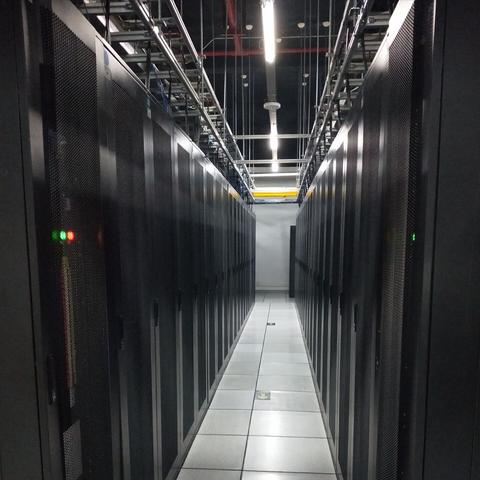Understanding Server Hosting: The Art of Managing and Maintaining Your Data Center
Understanding Server Hosting: The Art of Managing and Maintaining Your Data Center,,Server hosting is a crucial aspect of any digital infrastructure. It refers to the provision of computing resources, such as servers, storage, and networking equipment, to support applications and data services in a business or organization. Effective management of server hosting involves several critical steps, including monitoring and maintaining hardware, managing network traffic, and ensuring security and compliance. In this article, we will explore the art of managing and maintaining your data center, covering topics such as server architecture, virtualization technologies, disaster recovery and backup solutions, and network configurations. By understanding these essential aspects, you can ensure that your server hosting operations are reliable, scalable, and secure.
Introduction
Server hosting is a critical component for any modern-day technology organization. It refers to the process of renting space and resources on an internet-based server farm, allowing businesses to host their applications and databases online, accessible from anywhere in the world. This article delves into the basics of what server hosting entails, its benefits, and how it can enhance your business operations.

What Is Server Hosting?
Server hosting essentially involves managing a server’s physical and virtual resources, such as CPU, memory, storage, network bandwidth, and more. It involves configuring servers to meet the specific needs of your business, ensuring they are running smoothly and efficiently. In essence, server hosting is the process of renting out these resources to other organizations or individuals who need them.
Benefits of Server Hosting
Server hosting offers several key benefits to businesses, including:
1、Scalability
One of the primary advantages of server hosting is the flexibility it provides. As your business grows, you can easily scale up your hosting capacity without having to purchase additional hardware, reducing the risk of downtime or inefficiency.
2、Reliability
Server hosting ensures high availability and reliability by providing round-the-clock monitoring and support. This means that your applications can be available to customers around the clock, regardless of the time zone or location.
3、Security
Server hosting often comes with advanced security features like firewalls, encryption, and malware scanning. These measures help protect your data from cyber threats and ensure the integrity of your information.

4、Cost Savings
While traditional IT infrastructure requires significant initial investment, server hosting often results in cost savings over time due to reduced maintenance costs, scalability, and the ability to optimize resource usage.
5、Accessibility
With server hosting, you have direct access to the resources needed to run your application, making it easier to manage and maintain. You can also share hosting with other businesses or individuals who need similar resources.
How Server Hosting Works
Server hosting typically involves the following steps:
1、Requirements Assessment
The first step is to assess your current requirements for server hosting. This includes identifying the type of applications you want to host, the amount of data you need to store, and the level of performance required.
2、Provider Selection
Once you have determined your requirements, you will need to select a suitable hosting provider. Providers offer various plans and features, so it's important to research and compare their offerings to find the best fit for your needs.

3、Account Setup
After selecting a provider, you will need to set up your account. This usually involves providing personal or company details, choosing a payment method, and setting up billing preferences.
4、Resource Allocation
Hosting providers allocate resources such as CPU, memory, storage, and bandwidth based on your needs. They monitor usage patterns and adjust allocations as necessary to optimize performance and minimize costs.
5、Ongoing Management
Once your account is live, ongoing management becomes essential. This includes regular monitoring of system performance, updating software, troubleshooting issues, and ensuring compliance with industry standards.
Conclusion
In conclusion, server hosting is a crucial aspect of any modern-day technology organization. By renting out physical and virtual resources, it allows businesses to scale their operations, provide reliable service, and save money. With its benefits such as scalability, reliability, security, cost savings, accessibility, and ease of management, server hosting is an essential tool for any business looking to succeed in today's digital landscape. So if you're considering expanding your online presence or upgrading your infrastructure, investing in server hosting may just be the solution you need to take your business to new heights.
与本文知识相关的文章:



